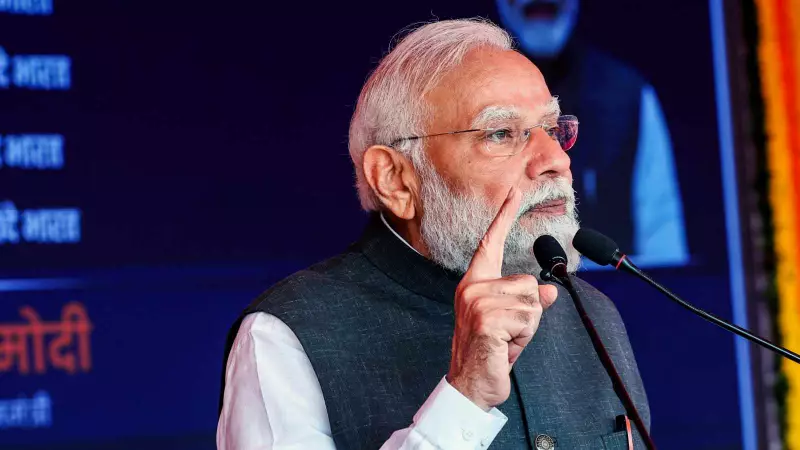
Delhi High Court Sets Timeline for PM Degree Case Appeals
The Delhi High Court has formally requested a response from Delhi University regarding a procedural delay in several appeals connected to the long-running legal dispute over Prime Minister Narendra Modi's academic records. A division bench, comprising Chief Justice D K Upadhyaya and Justice Tushar Rao Gedela, has given the university a three-week deadline to file its objections to applications seeking the condonation of this delay.
The court has scheduled the next hearing in this matter for January 16, 2026, pushing the resolution of this politically sensitive case further into the future.
Background of the Legal Tussle
This latest development is part of a series of legal challenges that began with a 2016 order from the Central Information Commission (CIC). The CIC had directed Delhi University to disclose information related to students who passed the BA Programme in 1978, the year the Prime Minister graduated from the university, in response to an RTI application.
Delhi University contested this directive, leading to a pivotal ruling on August 25 by a single judge of the Delhi High Court. The judge set aside the CIC's order, establishing a significant legal precedent. The court reasoned that a "special relationship of trust and confidence" exists between a student and their university, which is fiduciary. It further held that details of an individual's educational qualifications, including degrees and marks, constitute "personal information" under the RTI Act.
The judgment emphasized that disclosing such academic details without a compelling public interest would be an unwarranted intrusion into an individual's privacy, a right protected by law.
Multiple Appeals and Wider Legal Context
Following the single judge's decision, four separate appeals were filed in the Delhi High Court to challenge the verdict. The appellants include lawyer Mohd Irsad, Aam Aadmi Party Rajya Sabha MP Sanjay Singh, and RTI applicant Neeraj Kumar.
During the recent proceedings, Solicitor General Tushar Mehta, representing Delhi University, opposed the formal issuance of a notice. He stated that he was already present before the court and was prepared to argue the main appeal challenging the single judge's order directly.
This case in Delhi is not an isolated one. In 2023, the Gujarat High Court also quashed a similar CIC order that had directed Gujarat University to search for information concerning PM Modi's degree from 1983. AAP convenor Arvind Kejriwal, who was the Chief Minister of Delhi at the time, sought a review of that Gujarat HC order. After his review petition was dismissed, Kejriwal filed an appeal, which remains pending and is set for a hearing on January 19, 2026.
The ongoing legal battles across two high courts highlight the continued interest and complex intersection of privacy laws, the Right to Information Act, and political discourse in India.





